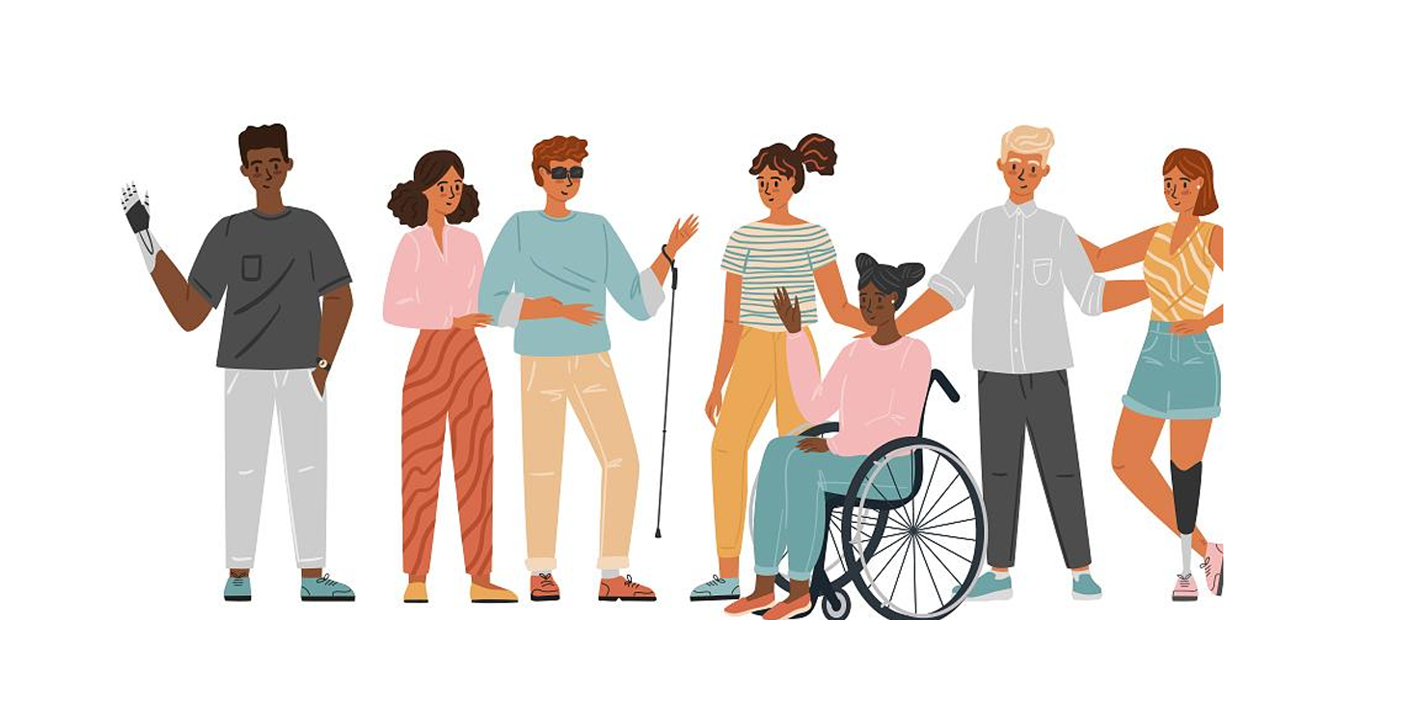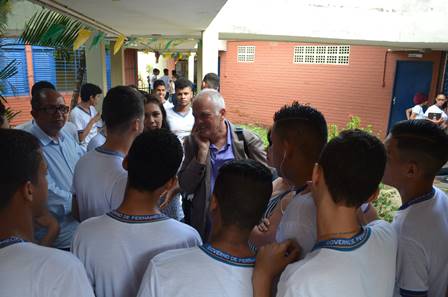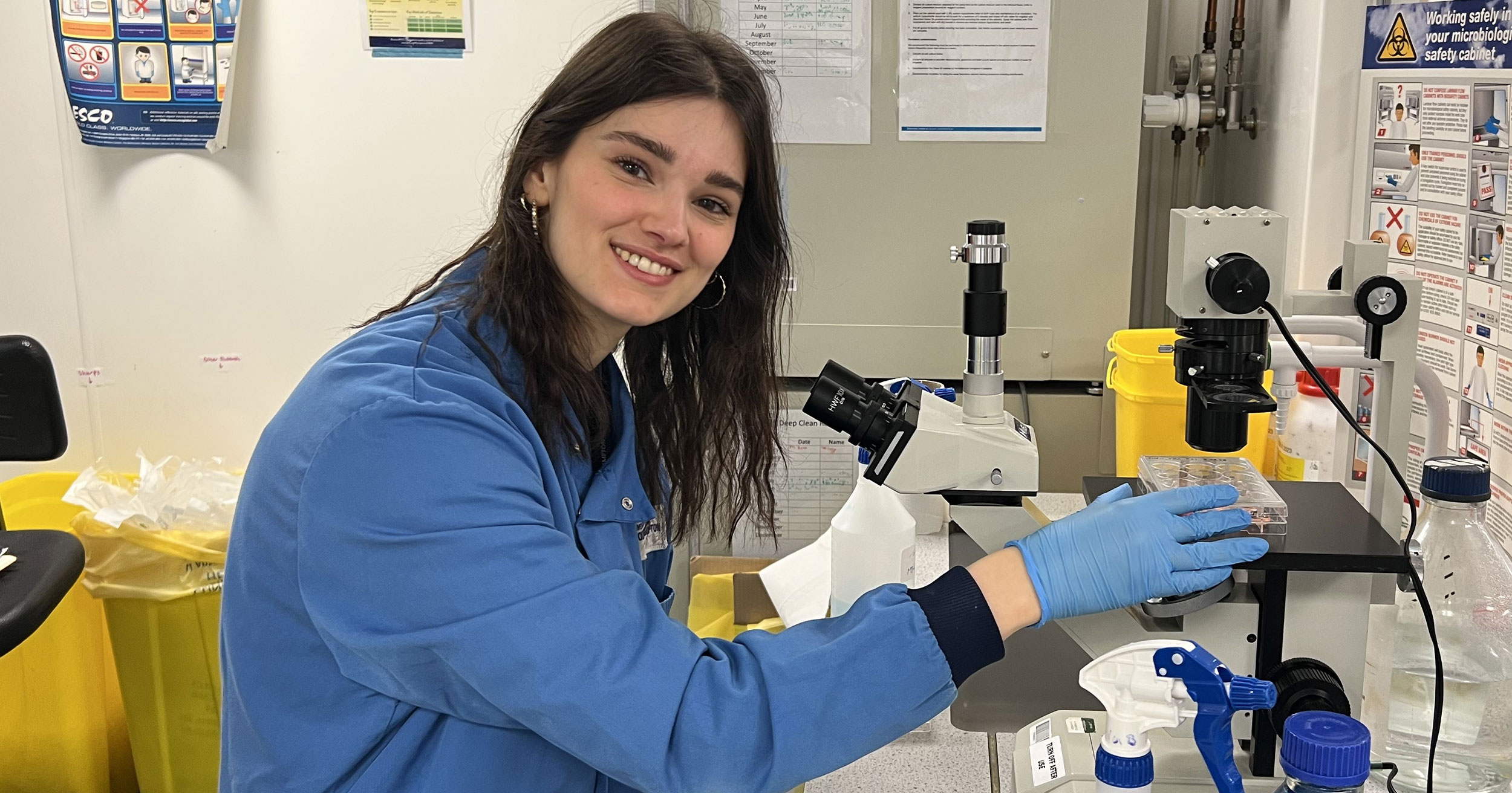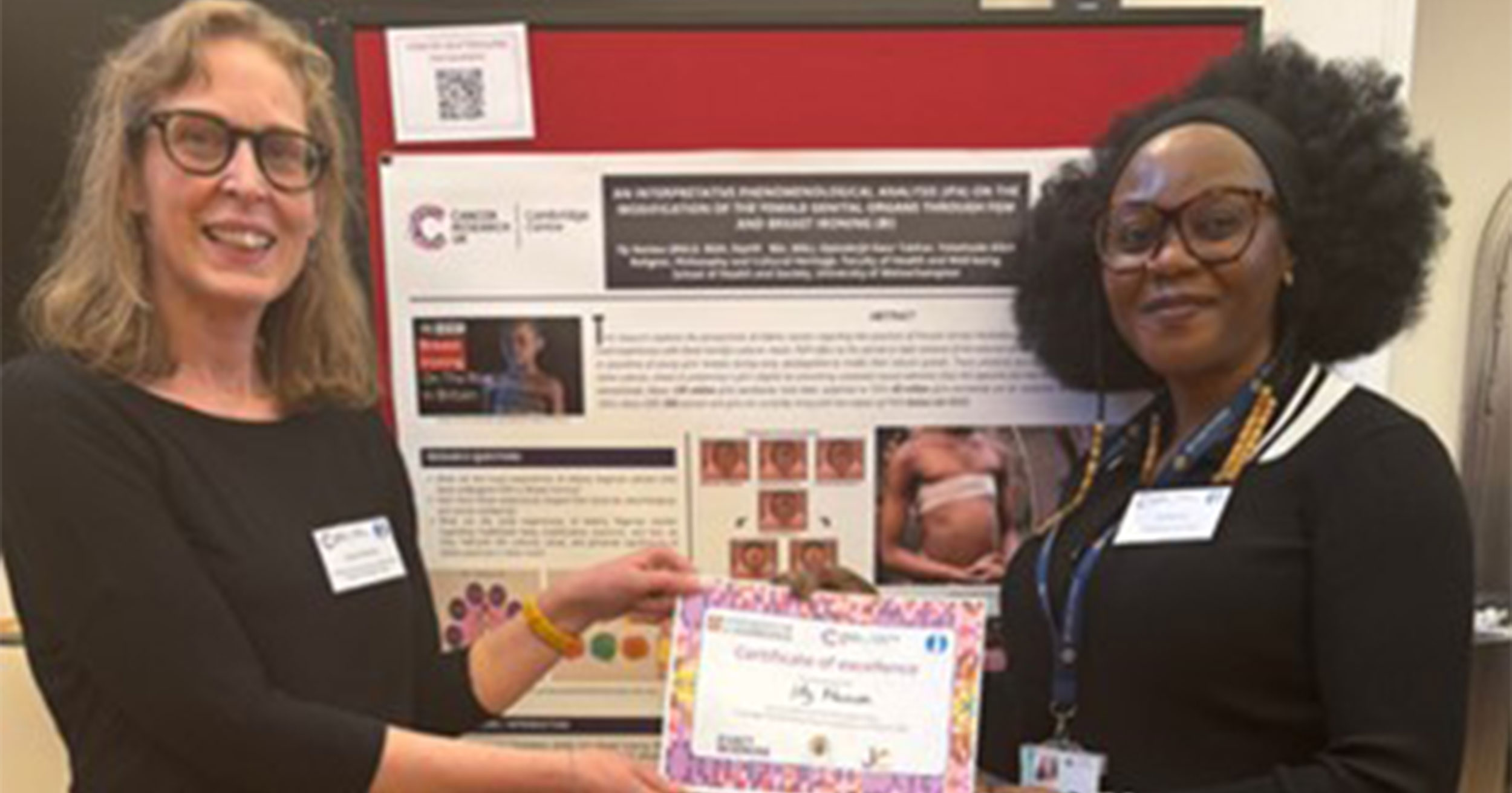
Project to tackle deadly viruses in Brazil gathers momentum
Academics are developing children’s games and health apps to raise awareness of how to prevent the spread of the Zika virus in Brazil.
University of Wolverhampton researchers are part of a team tackling arbovirus diseases in the country by working with government officials to develop various initiatives.

Professor of Digital Learning John Traxler is one of the leaders of the £98,000 Zika Mobile project and is creating mobile applications and a mobile web platform to promote the training of professionals, information sharing, and the reporting of health surveillance to government and health organisations.
The research and organisational work of the project will improve access to health education for vulnerable communities in Paraiba and Pernambuco regions, where Zika is rife due to unplanned urbanisation and social and environmental conditions, leading to the reproduction of the transmitting mosquitoes.
Work will include using the internet of things, interlinking various devices, to incentivise recycling, with the aim of reducing rubbish which harbours mosquitoes.
Professor Traxler has just returned from his first project visit, outlining plans and ideas with universities, schools and government officials, and sharing some initial survey work, exploring the extent of mobile ownership by adolescents and teachers which will help spread messages on disease prevention.
The team visited two high schools and discovered that most pupils have access to mobile phones. Through the use of games, it is hoped messages will transmit from young people to their families.
They also visited poor neighbourhoods where Zika is a huge problem.
“Mosquitoes are the Zika vector and conditions are now increasingly conducive to them,” said Professor Vector. “There is stagnant and standing water, garbage and fly-tipping across vacant land; household garbage collection is via plastic bags left on the pavement, often ripped open by dogs; weather conditions are often hot and wet
“Mosquitoes follow their human prey; deforestation is driving mosquitos into towns and cities from the jungle. The main objective of the project is using school children to take the relevant hygiene, recycling and health messages home to their families.”
This was the first visit to Brazil at the start of the Zika Mobile project, funded by the British Council through the Newton Fund linking the University of Wolverhampton the LIKA Institute at the Universidade Federal de Pernambuco; based in Recife and Silvana Santos of Universidade Estadual da Paraíba based in Campina Grande.
Further information
For more information please contact the Corporate Communications Team.


/prod01/wlvacuk/media/departments/digital-content-and-communications/images-2024/Diane-Spencer-(Teaser-image).jpg)
/prod01/wlvacuk/media/departments/digital-content-and-communications/images-18-19/220325-Engineers_teach_thumbail.jpg)
/prod01/wlvacuk/media/departments/digital-content-and-communications/images-2024/240509-Menopause-Research-Resized.jpg)
/prod01/wlvacuk/media/departments/digital-content-and-communications/images/Maria-Serria-(teaser-image).jpg)
/prod01/wlvacuk/media/departments/digital-content-and-communications/images-2024/241014-Cyber4ME-Project-Resized.jpg)
/prod01/wlvacuk/media/departments/digital-content-and-communications/images-2024/240315-Research-Resized.jpg)
/prod01/wlvacuk/media/departments/digital-content-and-communications/images-2024/BDA-group-photo.jpg)

